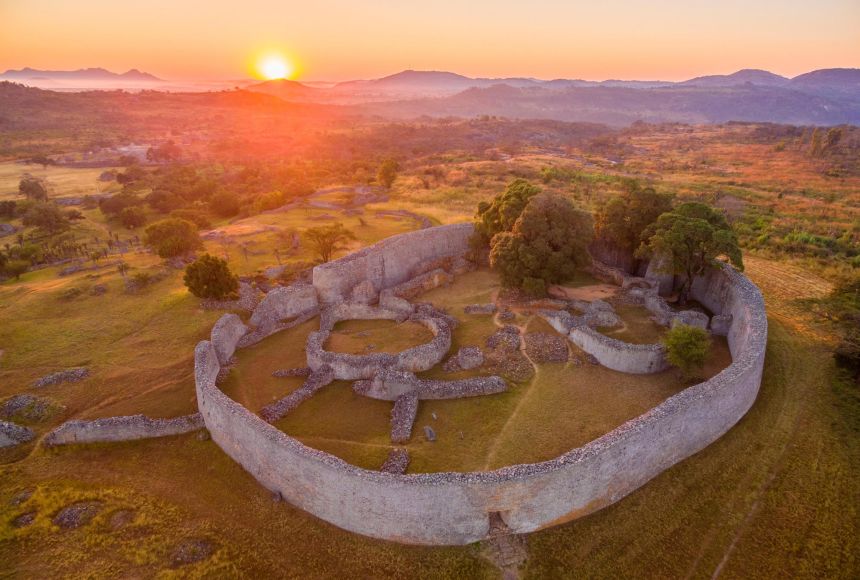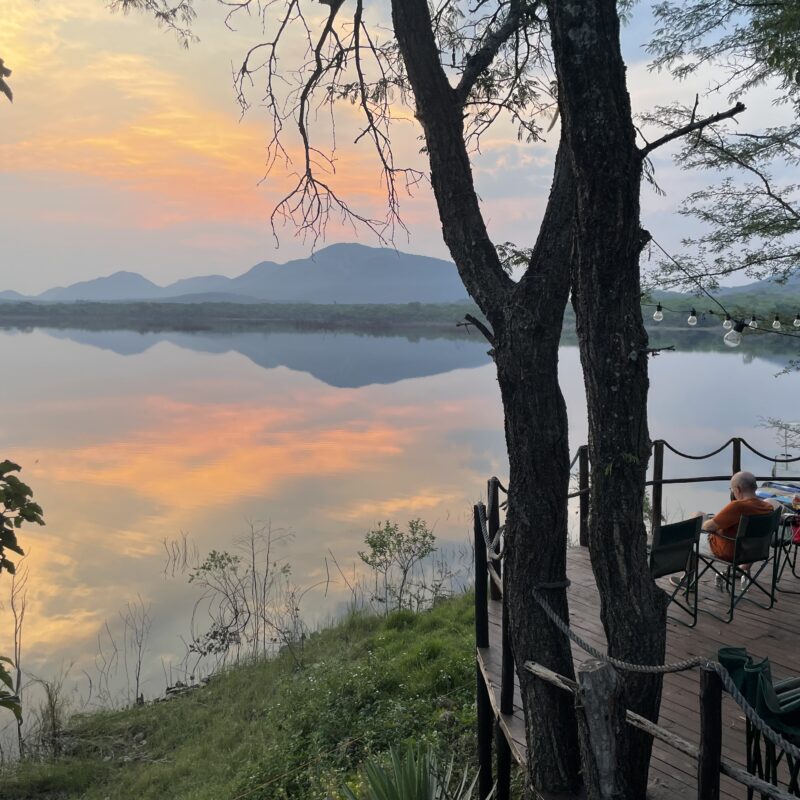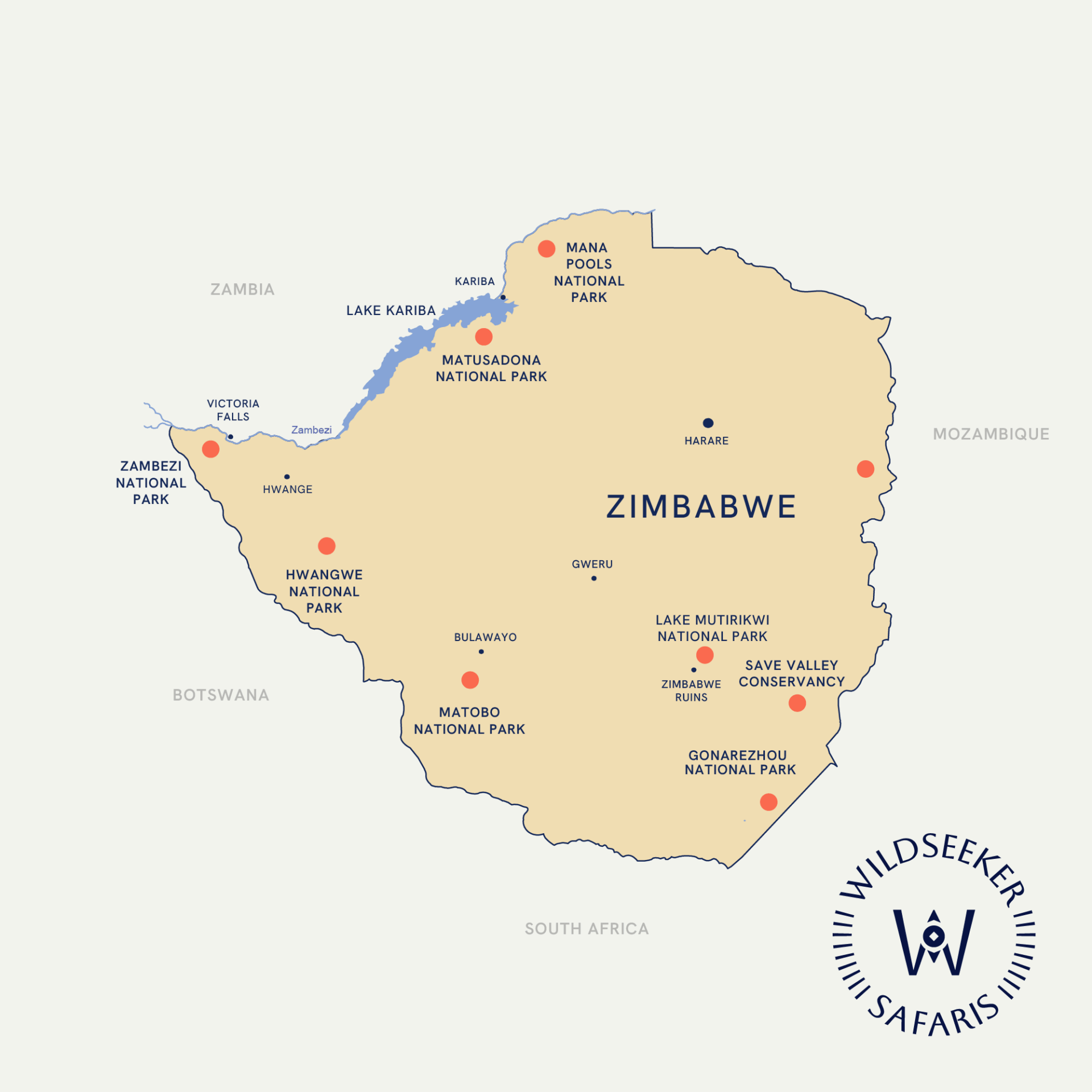© Romelda Retreat
© Romelda Retreat

© National Geographic
Located in the Masvingo Province in south-central Zimbabwe, this UNESCO World Heritage Site is the largest stone-built archaeological complex in sub-Saharan Africa - and the inspiration behind the country’s name.
Built between the 11th and 15th centuries, Great Zimbabwe was once a thriving city and an important centre of trade, religion, and political power. At its peak, it is believed to have supported a population of up to 20,000 people. The site’s remarkable dry-stone walls, constructed without mortar, and the iconic Great Enclosure stand as powerful testaments to the ingenuity of its builders.
Nearby, Lake Mutirikwi offers a peaceful contrast to the ruins. Surrounded by granite hills and small reserves, the lake is a great place to relax, enjoy scenic boat rides, or explore the surrounding landscape. Together, Great Zimbabwe and Lake Mutirikwi make for a rewarding detour off the traditional safari route, offering insight into Zimbabwe’s deep-rooted history and natural beauty.
Lake Mutirikwi Weather
Hot, wet summers and mild, dry winters
April - October
Dry Season
November - March
Green Season

Places to Stay
in Great Zimbabwe and Lake Mutirikwi
Your Safari, Your Way
Ready to begin? Let’s craft your perfect safari together.
Every Wildseeker journey is designed from scratch, shaped around your interests, travel style, and budget. While we often share sample itineraries for inspiration, the real magic lies in creating something just for you: from handpicked lodges to seamless logistics and insider offers.
No two trips are ever the same, because no two travellers are.



